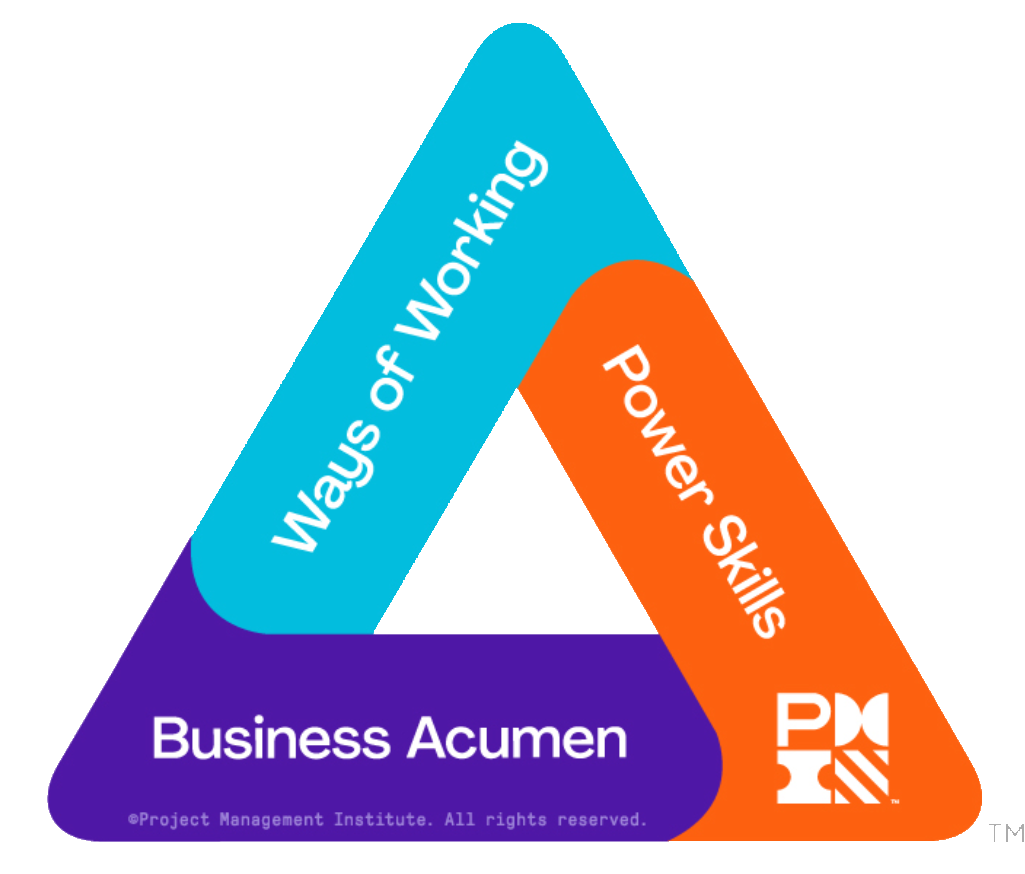Whether managing staff, stakeholders, or vendors, the ability to handle sensitive discussions is essential for success. Managers are often engaged in discussing performance (or non-performance) issues, negotiating problem resolutions, providing challenging feedback to others, and other conversations that can put the manager in an uncomfortable situation – especially if they are not prepared to have this type of emotionally-charged conversation with others.
This workshop focuses on equipping managers with the skills to navigate difficult conversations effectively. Participants will learn strategies to address performance issues, misaligned expectations, and interpersonal conflicts that arise in our work environments through a series of lectures, case study activities and role plays.
LEARNING OBJECTIVES
Participants will gain practical skills to:
- Identify common types of difficult conversations in business environments.
- Learn techniques to manage performance, timelines, and expectations with stakeholders.
- Develop strategies for resolving conflicts and fostering collaboration.
- Practice real-world scenarios to build confidence in managing tough conversations.
WHO SHOULD ATTEND
Managers at all levels as well as senior team members and those who aspire to be managers.
PREREQUISITE
There is no prerequisite for this course.
MATERIALS
You will receive a course binder containing copies of presentation slides, exercises, and suggested solutions.
WHAT YOU WILL LEARN
Foundations for Difficult Conversations - Overview of Key Challenges in Management: Time
pressures, stakeholder expectations, and performance issues - Why Conversations Become Difficult: Identifying common
triggers in our work life (e.g., delays,
miscommunication, and scope changes) - Reframing Difficult Conversations: Seeing them as
opportunities for problem-solving and alignment - Group Discussion: Share examples of difficult
conversations participants have encountered
Structuring Diificult Conversations- Setting Clear Expectations: How to prepare for difficult
conversations and establish clear objectives - Communication Models for Clarity: Using frameworks like
SBI (Situation-Behavior-Impact) to structure discussions - Keeping Conversations Solution-Oriented: Focusing on
outcomes rather than problems - Interactive Role-Play: Participants practice structuring and
delivering difficult feedback using their own work
scenarios
Managing Emotions and Conflict During Project Discussions- Managing Emotions (Yours and Theirs): Techniques for
staying calm and guiding emotional stakeholders or team
members - Conflict Resolution Strategies: Identifying underlying
causes of conflict (e.g., resource constraints, scope
disagreements) and resolving them collaboratively - Case Study: Review a conflict scenario where emotions
escalate and work through strategies for resolution - Practice Exercise: Participants apply conflict resolution
strategies in small group exercises
| Handling Stakeholdler Pushback and Resistance- Understanding Resistance: Why stakeholders may resist
change, timelines, or decisions - Navigating Power Dynamics: Techniques for managing
conversations with senior stakeholders and sponsors - De-escalation Techniques: How to bring conversations
back to productive dialogue when resistance occurs - Group Activity: Participants work through a scenario
where a key stakeholder pushes back on a critical project
decision
Accountability Conversations for High Performance - Creating a Culture of Accountability: Ensuring all
stakeholders and employees understand their role in performance. - Balancing Flexibility and Firmness: How to remain
accommodating while maintaining high standards. - Building Trust Through Accountability: Reinforcing trust
while holding others accountable for their actions. - Exercise: Develop a conversation script for an
accountability discussion.
Closing Reflections and Action Plan- Key Takeaways: Reviewing the most important lessons
from the day - Action Planning: Participants create a personal action plan
for their next difficult conversation in a work
environment - Final Q&A and Discussion: Addressing any outstanding
questions or scenarios from the group.
|

 The following table provides the breakdown of the professional development units (PDUs) for this course aligned with the PMI Talent TriangleTM.
The following table provides the breakdown of the professional development units (PDUs) for this course aligned with the PMI Talent TriangleTM.